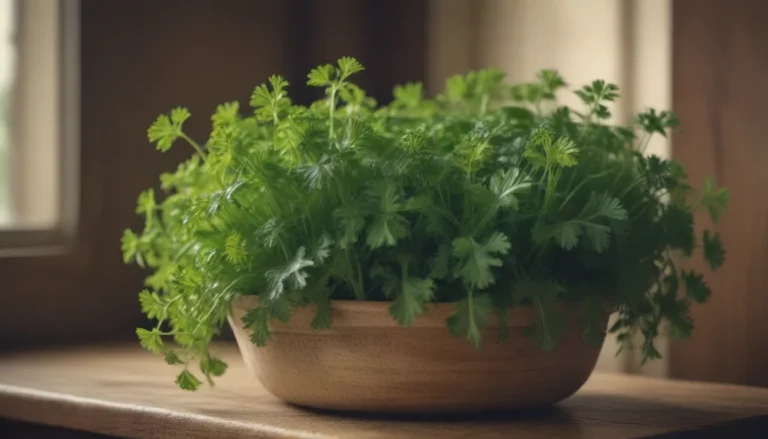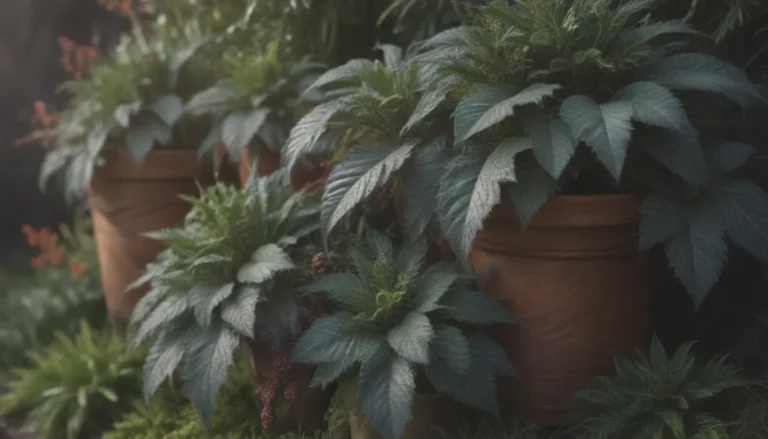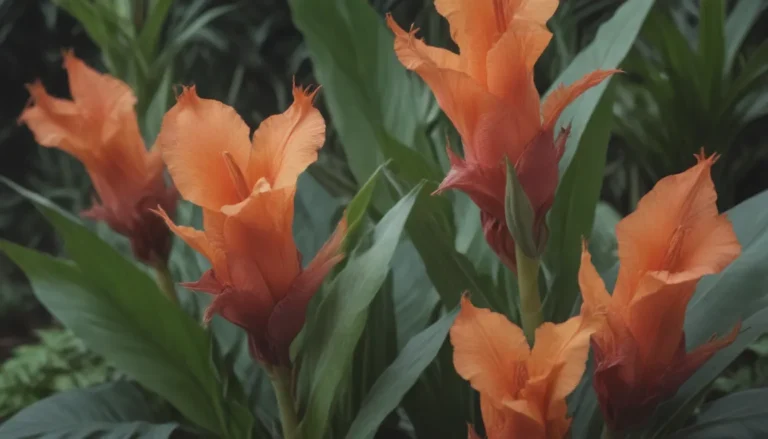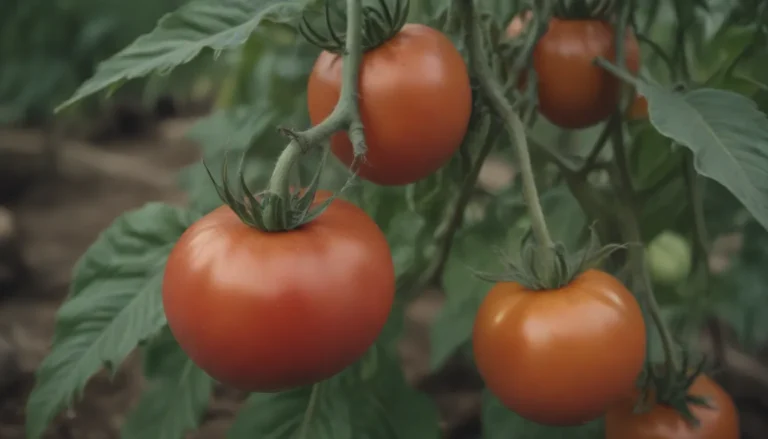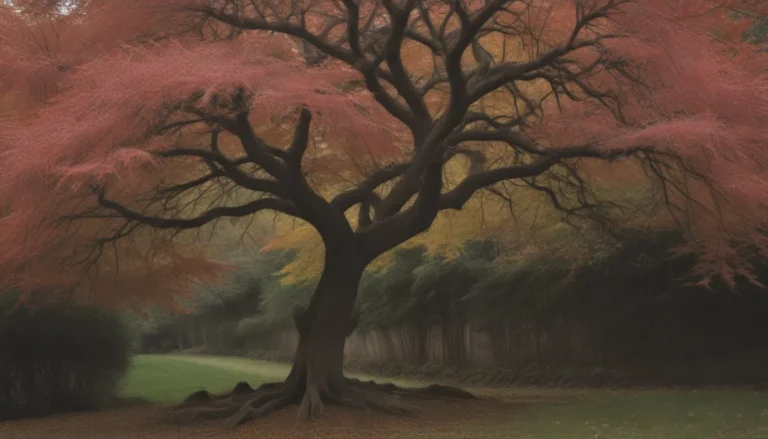A Comprehensive Guide to Treating and Preventing Black Spot on Roses
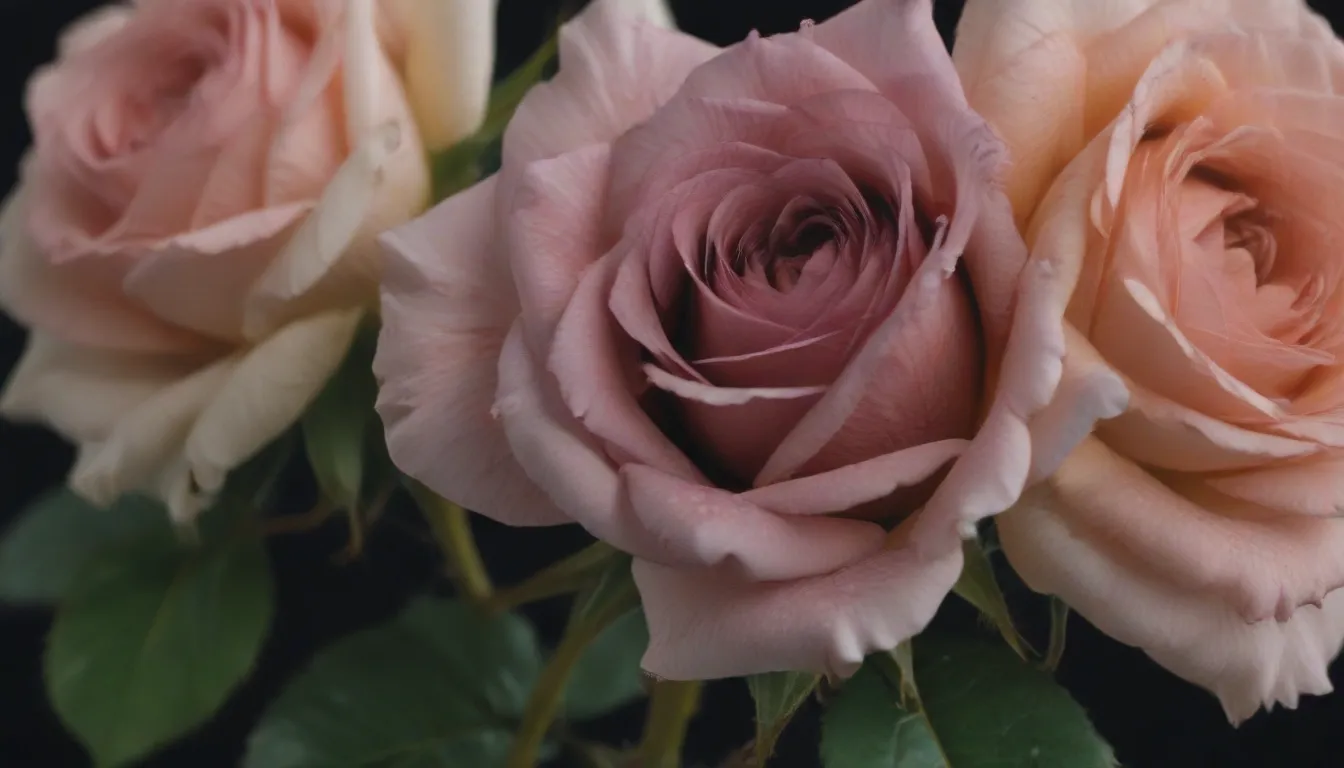
Black spot, caused by the fungal disease Diplocarpon rosae, is a common issue that affects roses. This pesky disease can lead to black spots on the leaves, ultimately causing them to turn yellow and drop off. Not only does black spot make your roses look unsightly, but it can also weaken the plant significantly. If left untreated, black spot can have detrimental effects on your rose bushes. In this in-depth guide, we will explore everything you need to know about black spot on roses, from symptoms and causes to treatment and prevention methods.
Understanding Black Spot Symptoms
Identifying black spot on your roses is crucial in order to effectively treat and prevent its spread. Some common symptoms of black spot include:
- Black spots on the leaves
- Yellowing and dropping of leaves
- Dark purple or black blisters on canes
- Red spotting on flowers
The Impact of Black Spot
Black spot can cause significant damage to your rose plants if left unchecked. The loss of leaves reduces the plant’s ability to photosynthesize food, leading to a weakened bush and a decline in rose production. In severe cases, the entire plant can defoliate, resulting in stressed and susceptible roses that set fewer flower buds.
Causes of Black Spot on Roses
Understanding the causes of black spot is essential for effective prevention. The fungal spores that cause black spot thrive in cool, moist conditions. These spores are dispersed by splashing water from rain and watering, as well as wind that transports spores. Additionally, overwintering spores on infected fallen leaves and stems can lead to new infections in the spring.
Preventive Measures for Black Spot
While there is no cure for black spot once leaves are infected, there are several preventive measures you can take to protect your roses.
Give the Plant Ideal Growing Conditions
Ensuring your rose plants are healthy and vigorous is key to minimizing the risk of black spot. Follow these care guidelines:
– Provide proper sunlight and well-draining soil
– Ensure good air circulation around the plants
– Water directly on the plant’s roots to avoid wetting the leaves
Pruning
Pruning is crucial for managing black spot on roses.
– Cut back infected parts of the plant
– Remove and dispose of infected leaves each fall
– Prune out any canes showing signs of infection
Mulch
Applying a thick layer of mulch around the plant’s base can help prevent the spread of black spot.
– Use mulch to prevent soil splashing onto the plant
– Avoid mulch containing rotting wood
Topical Sprays for Treatment and Prevention
Consider using commercial or homemade sprays to treat and prevent black spot.
– Spray the plant weekly, starting in early spring
– Use dormant spray over winter to smother overwintering spores
Treatment Options for Black Spot
Several treatment options are available for managing black spot on roses. While these treatments do not cure the disease, they can help slow its progression and prevent further damage. Some effective treatment options include:
- Bordeaux mix
- Insecticidal soaps with added fungicide
- Neem oil
- Sulfur
Warning: When using sulfur, take precautions as it can be mildly toxic to humans and other animals.
Home Remedies for Black Spot on Roses
Organic remedies may work for some gardeners in treating black spot on roses.
– Baking soda spray
– Vinegar
– Milk
– Hydrogen peroxide
Resistant and Susceptible Roses
While some roses are more resistant to black spot than others, it’s essential to choose the right varieties for your garden.
Roses most resistant to black spot include:
– [List of resistant roses]
Roses least resistant to black spot include:
– [List of susceptible roses]
Additional Resources
If you’re looking for more information on black spot and rose care, consider checking out these reputable sources:
– [Links to additional resources]
By following these guidelines and taking proactive measures, you can effectively treat and prevent black spot on your roses. Remember that regular maintenance and care are key to keeping your roses healthy and free from diseases like black spot. Happy gardening!
